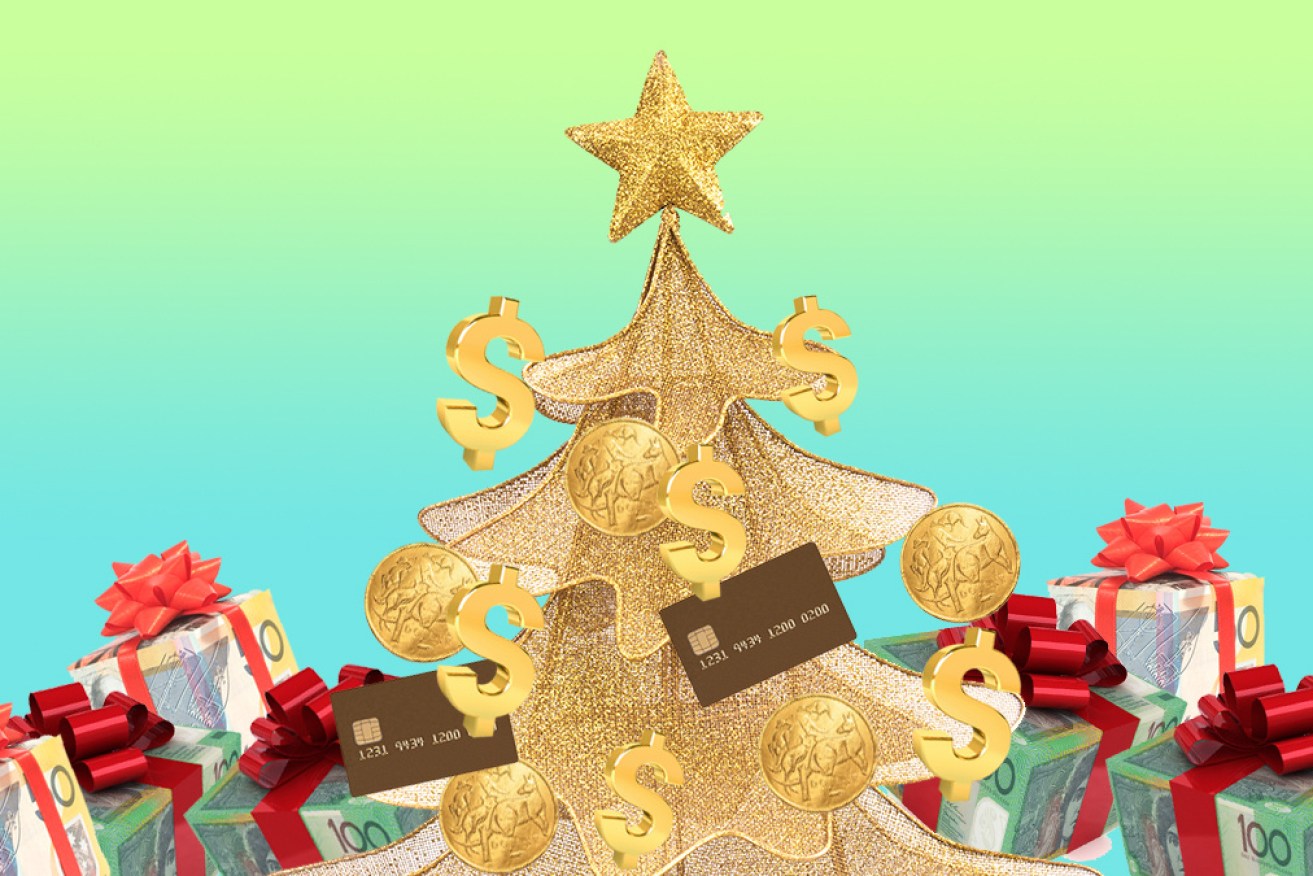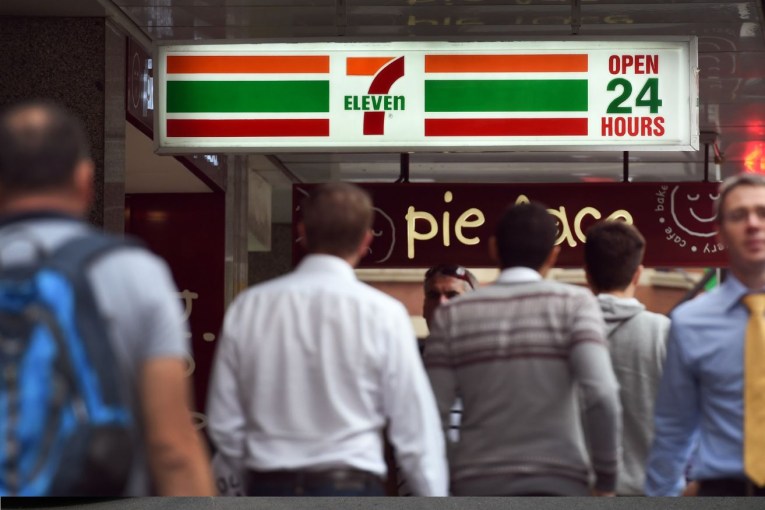How to avoid a debt hangover this Christmas


Australians are being urged to plan their Christmas spending to avoid taking on debt. Photo: The New Daily
Putting Christmas gifts under the tree will be more difficult for Australian families this year.
Job losses, economic woes and a renewed focus on saving rather than spending is prompting consumers to turn to buy now, pay later services like Afterpay and Zip Pay to cover the cost of Christmas, research reveals.
And although these services allow shoppers the chance to space payments into next year, the potential for a post-Christmas debt hangover is real.
The total amount of credit extended in the buy now, pay later industry has almost doubled in 12 months, according to a recent report by the Australian Securities and Investments Commission.
Notably, the number of BNPL transactions increased from 16.8 million in the 2017-18 financial year to 32.0 million in the 2018-19 financial year, representing an increase of 90 per cent.
The report also reveals that one in five consumers are missing payments.
Afterpay is signing up an average of 20,500 new customers every day in the fourth quarter, with financial results revealing the company raked in $69 million from late payment fees.
Shoppers are being lured with slick offers, too.
Zip Pay, for example, just launched a 10 per cent cashback offer, up to $30 per payment, for customers that buy goods from participating retailers on Saturdays in December.

BNPL services offer cash flow benefits but come with risks.
Adelaide man Sam Hassan has bought Christmas gifts via BNPL services for his family in recent weeks. He’s also purchased furniture this way over the past couple of months.
Although he admits it would be easy to fall into debt using these services, he’s careful to add the repayments into his fortnightly budget.
“These services are convenient, but you’ve got to be vigilant with the repayments,” Mr Hassan warns.
He is by no means alone. COVID-19 lockdowns drove unprecedented demand in retail shopping, and now consumers are more confident purchasing items online, according to IBISWorld research.
“With bank accounts running dry, more consumers are likely to look into BNPL options. The ability to shop now and pay for it later is very attractive for consumers struggling financially,” IBISWorld senior industry analyst Yin Yeoh said.

Consumers are hitting the shops as restrictions ease and confidence returns. Photo: AAP
BNPL has been a thorn in the side of the banking sector, prompting major players to launch a range of cut-price credit cards in recent months.
Heritage Bank, for example, is offering a 12-month, interest-free offer for new and existing customers. The big four banks have similar offers in place.
Heritage Bank CEO Peter Lock said credit cards still have an important role to play despite the growing popularity of BNPL services.
“Buy now, pay later services seem attractive, but miss any payments and the late fees can soon add up. Plus, there’s usually no credit check to make sure you can afford the debt you’re locking yourself into, so you can quickly find yourself over your head if you aren’t careful,” he said.
How to avoid a festive debt hangover
- Write a list – Plan out exactly what you need to buy before hitting the shops to protect you from overspending
- Budget your finance early – Regular bills and payments like mortgage, rent and utilities don’t take a break for the holidays, so cost out financial obligations and set aside the funds early
- Read the small print – If using BNPL, read all the terms and conditions and be sure to calculate what your financial commitment will be to ensure monthly instalments are within your budget
- Pay on time – The bustle of Christmas can be a huge distraction, so try setting up direct debits or diarise due dates to avoid late fees.








